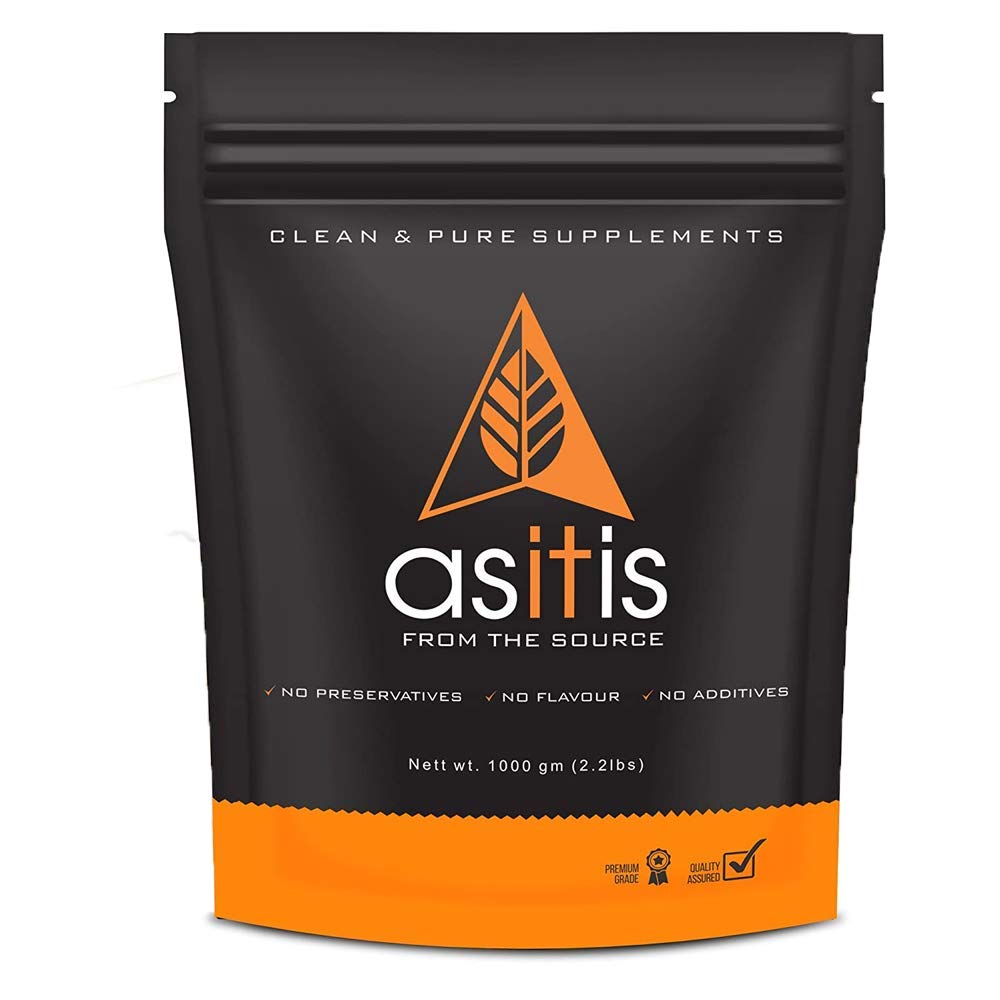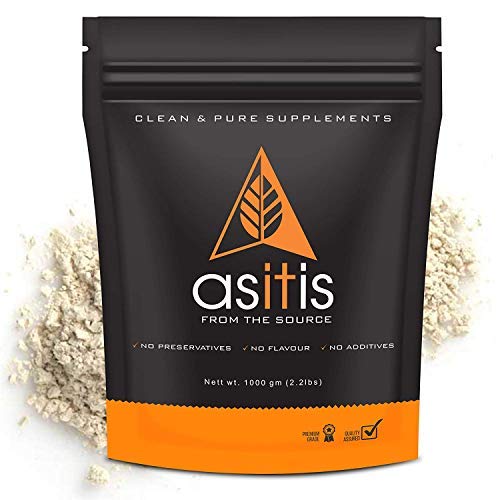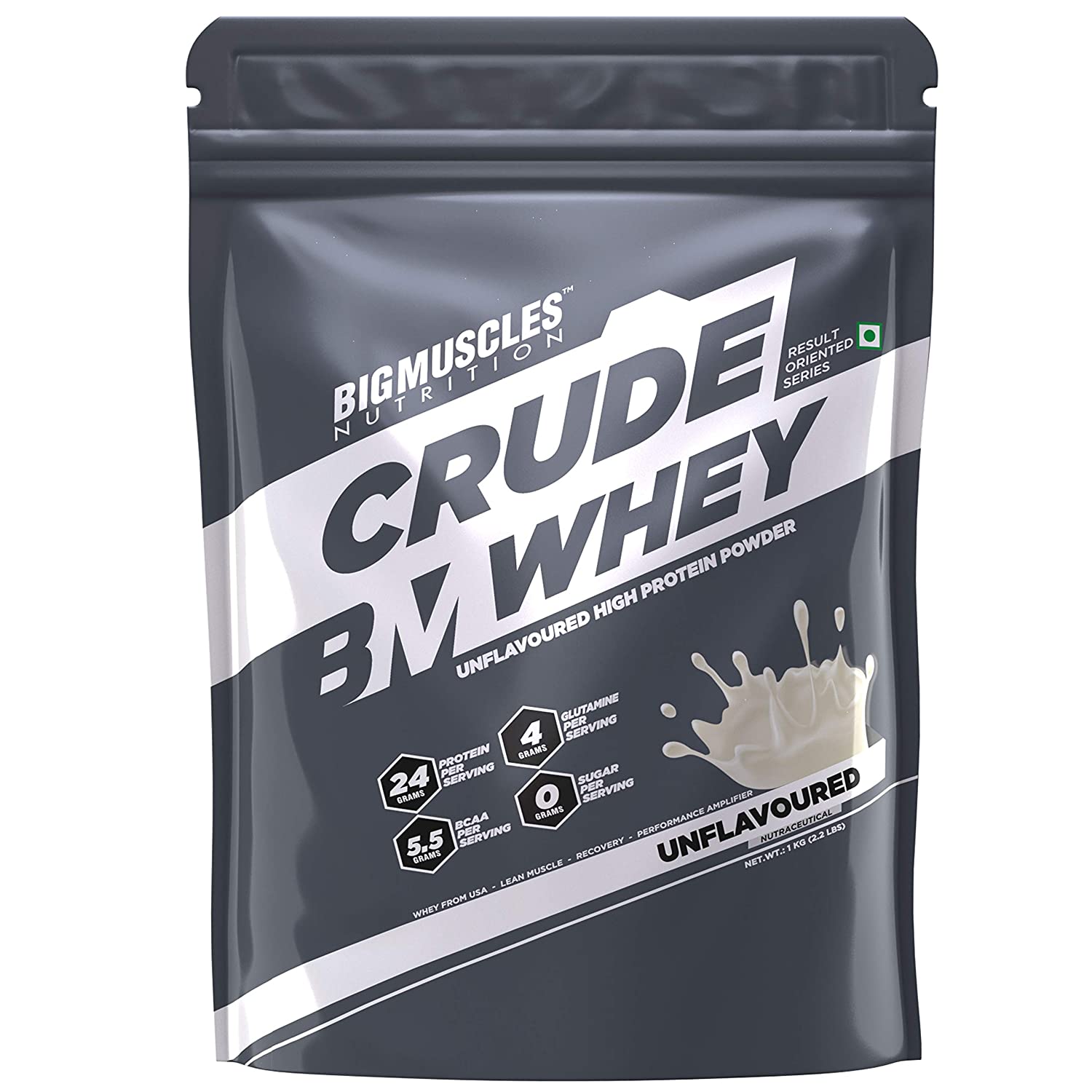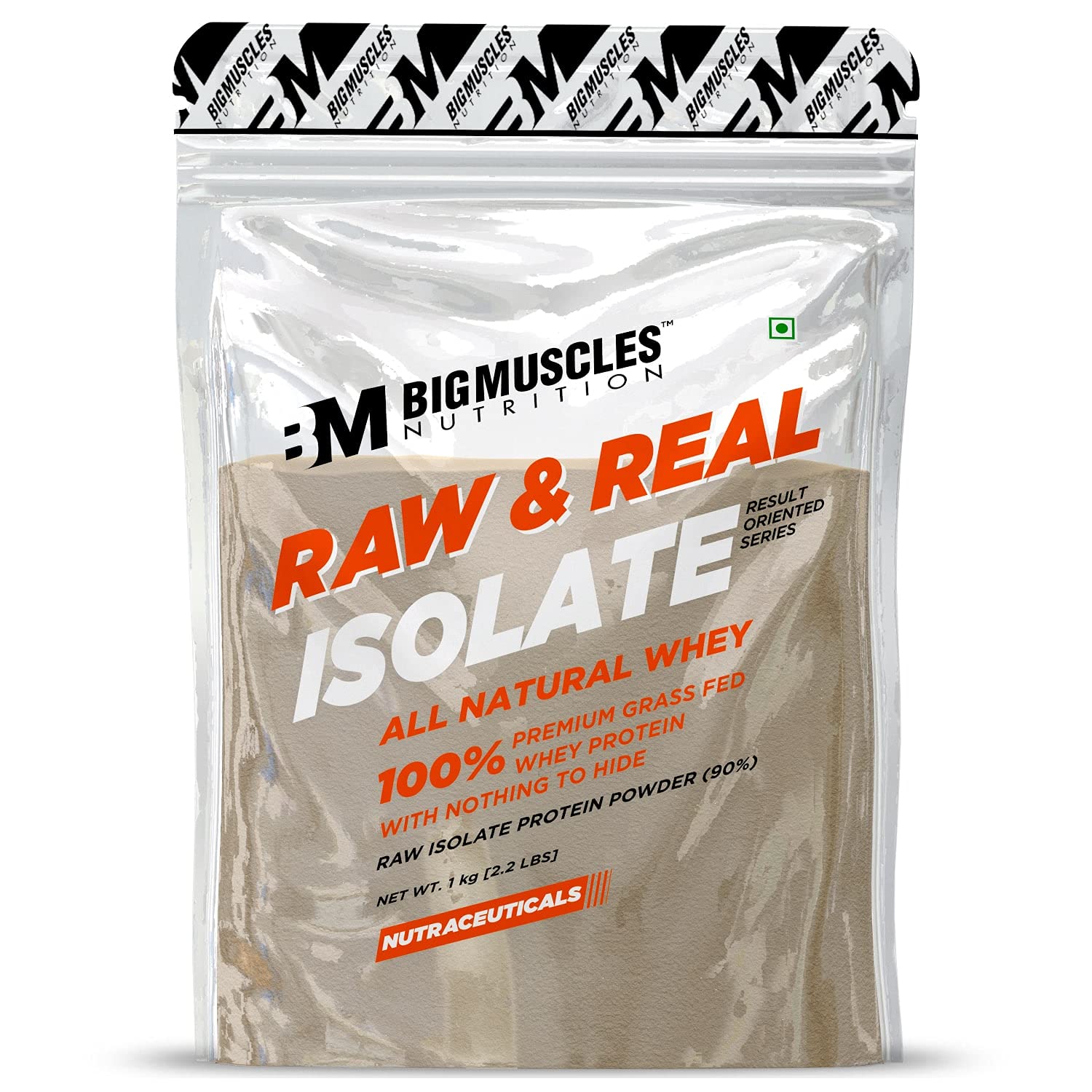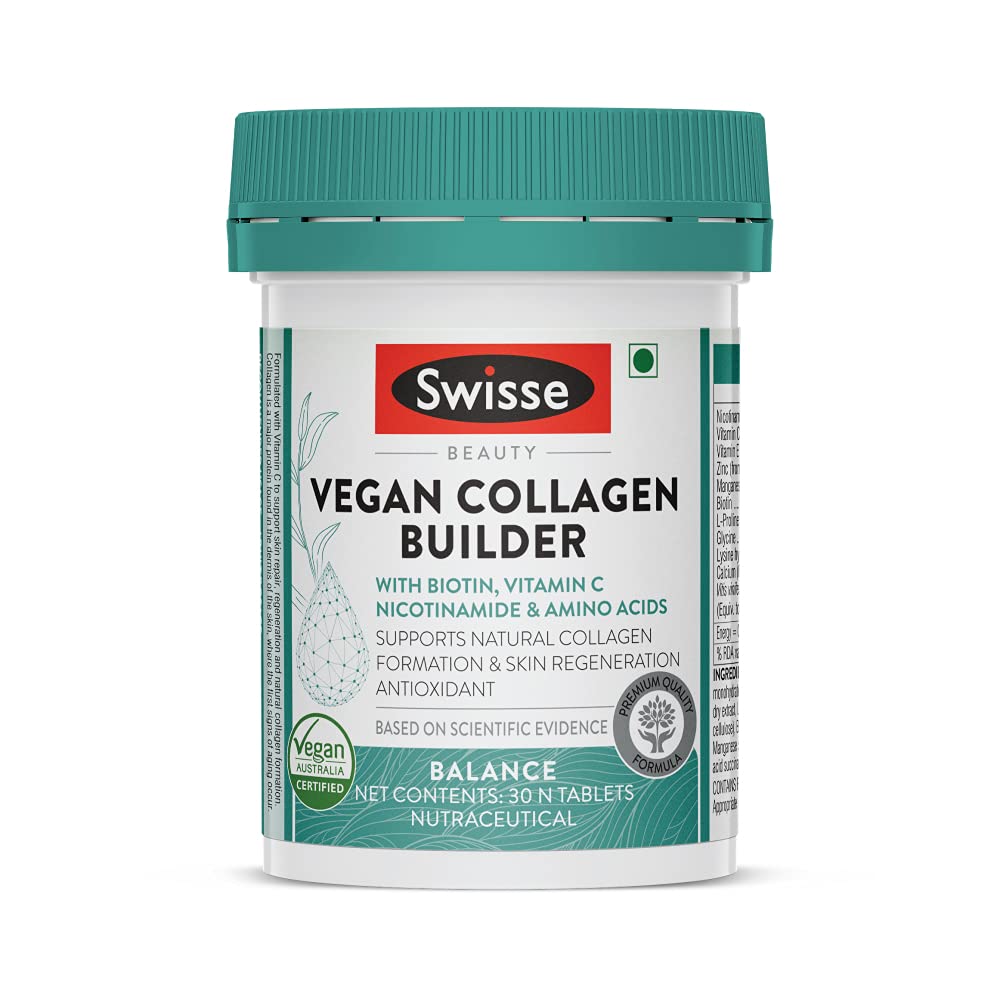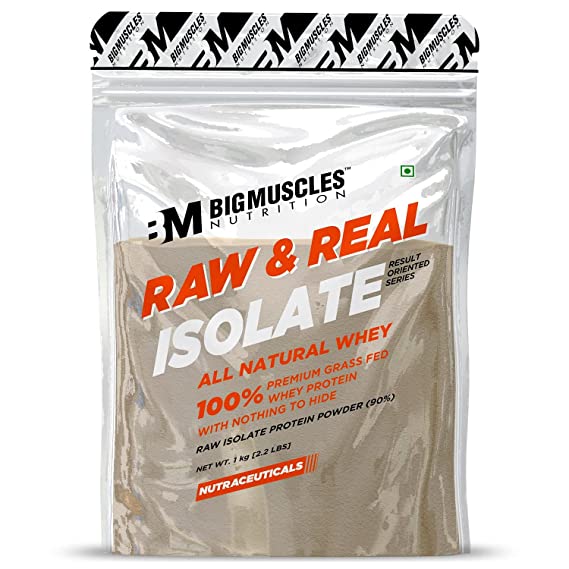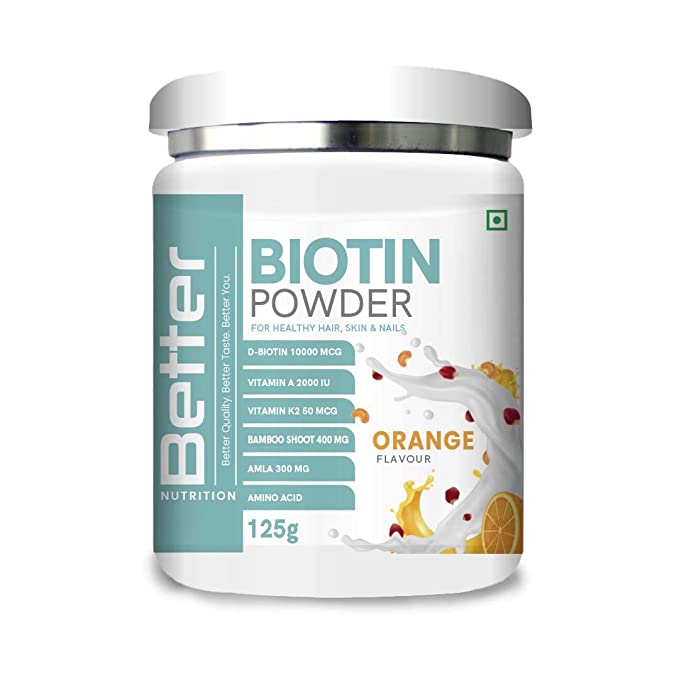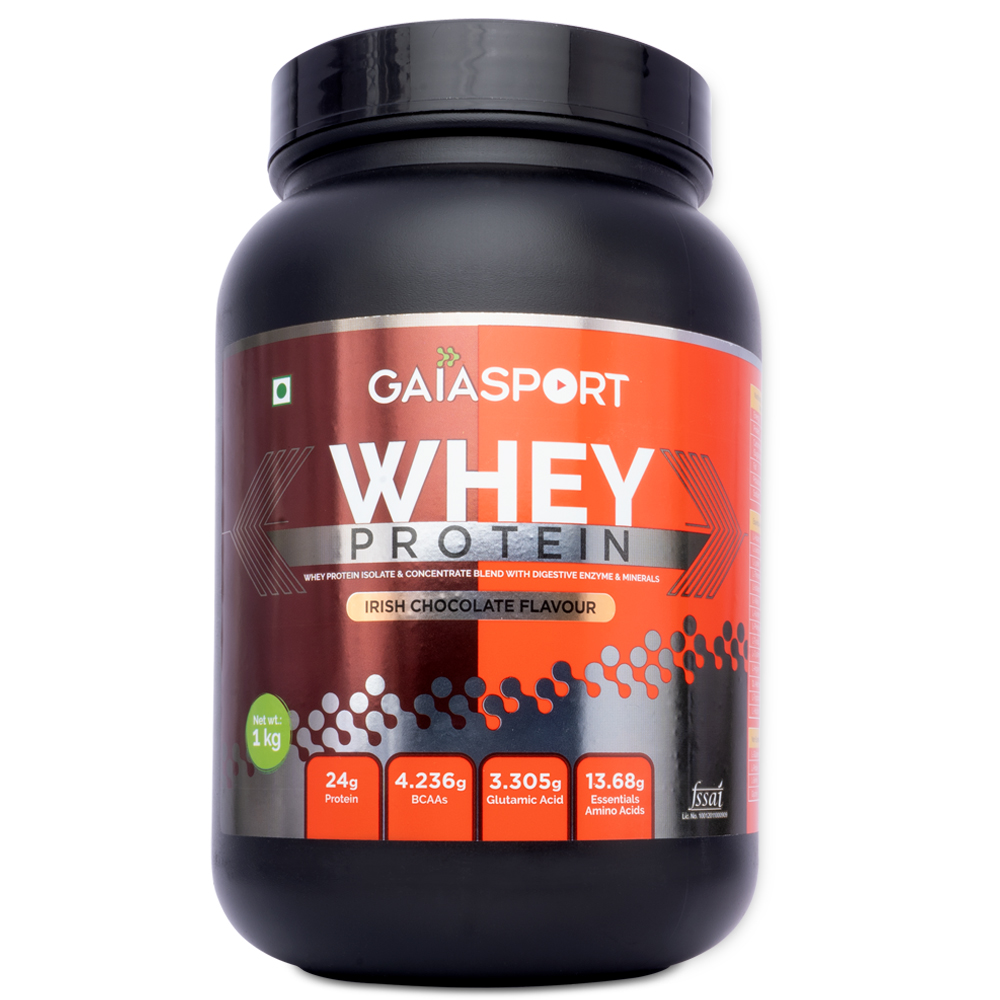Glycine
Macronutrient
Last update date: October 11, 2023
Glycine is a non-essential amino acid. Meat, fish, dairy, and legumes are a few good sources of glycine.
Frequently Asked Questions
1.
What is Glycine?
Glycine is a non-essential amino acid that your body naturally produces. It serves as a building block for proteins and is involved in transmitting chemical signals in the brain. While it is considered non-essential, meaning your body can produce it on its own, the production of glycine decreases with age. Therefore, it is important to obtain glycine through a high-protein diet or dietary supplements to ensure an adequate supply. Glycine is crucial for protein synthesis and supports various physiological functions in your body.
2.
What is positive impact of Glycine?
Glycine offers several positive impacts on your health. Here are some key benefits associated with glycine: Critical for Production of Glutathione: Glycine is necessary for the synthesis of glutathione, a powerful antioxidant that helps protect your cells from damage caused by free radicals. Important for Good Sleep: Glycine has been shown to improve sleep quality by promoting relaxation and reducing the time it takes to fall asleep. It may also help alleviate symptoms of insomnia. Useful in Producing Creatine: Glycine plays a crucial role in the production of creatine, a compound that provides energy to your muscles and supports athletic performance. Key Constituent of Collagen: Glycine is an essential component of collagen, the most abundant protein in your body. Collagen provides structure and strength to your skin, bones, tendons, and other connective tissues. May Protect Against Type 2 Diabetes: Some studies suggest that glycine supplementation may help improve insulin sensitivity, reduce blood sugar levels, and lower the risk of developing type 2 diabetes.
3.
What is negative impact of Glycine?
Glycine is generally well-tolerated by most individuals, especially when consumed within the recommended dosage. However, exceeding the standard dose of 6 grams per day or using glycine as a therapeutic medicine may lead to some side effects. Commonly reported side effects include upset stomach, restlessness, nausea, vomiting, and diarrhea. It is important to follow the recommended dosage guidelines and consult with a healthcare professional before significantly increasing your intake of glycine.
4.
Who should avoid Glycine?
While Glycine is generally safe for most people, there are certain individuals who should exercise caution or avoid its supplementation. This includes individuals with kidney or liver disease, as these organs play a crucial role in processing amino acids like Glycine. Additionally, if you have a history of glycine-related conditions such as glycine encephalopathy or glycine encephalitis, it is advisable to consult a healthcare professional before taking Glycine supplements. If you are pregnant or breastfeeding, it is always recommended to consult your doctor before adding any new supplements to your routine to ensure the safety of both you and your baby.
5.
What are common sources of Glycine?
Glycine can be obtained from various dietary sources, both plant-based and animal-based. Including these foods in your diet can help ensure an adequate intake of Glycine: Animal sources: High-quality protein-rich foods such as meat, poultry, fish, eggs, and dairy products contain significant amounts of Glycine. Collagen-rich foods like bone broth and gelatin are particularly good sources. Plant sources: Legumes such as lentils, chickpeas, and soybeans are rich in Glycine. Additionally, vegetables like spinach, kale, cabbage, and cauliflower also provide moderate amounts of this amino acid. Whole grains like quinoa and oats are other plant-based sources of Glycine. Dietary supplements: Glycine is available in supplemental form, which can be used to augment your daily intake. These supplements are commonly available in powder or capsule form. Remember, obtaining Glycine from a well-balanced diet is often preferable, as it provides a range of other essential nutrients that work synergistically to support overall health and well-being.



